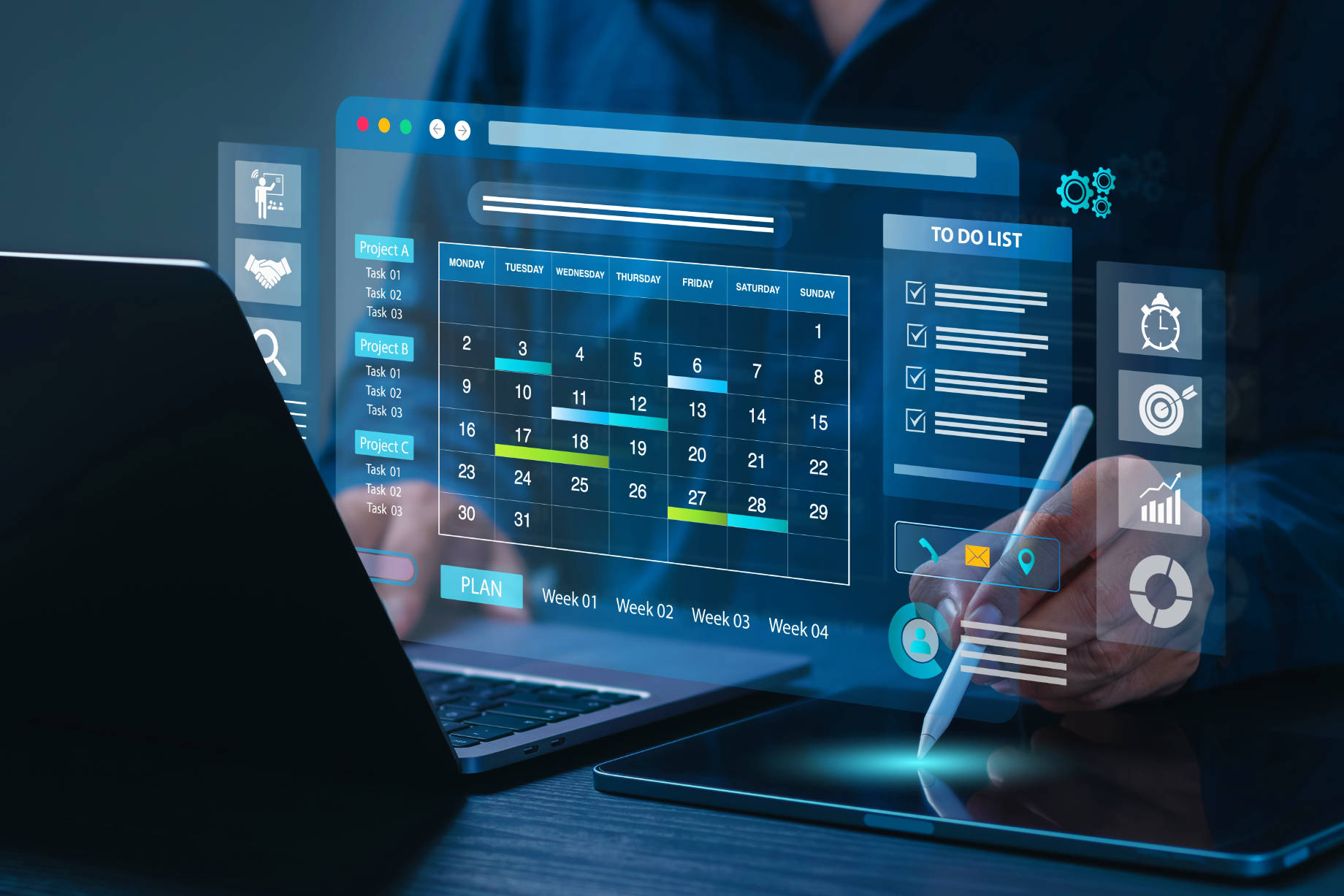
Having a few options to choose from, whether on a lunch menu or when looking for a new pair of shoes, may seem like a good thing—but in reality, it can have a negative impact on our ability to make a decision. Worse still, it can lead us to be less satisfied and happy with the choices we do make. This is a psychological experience that many people have encountered, and one that has become increasingly common in the digital age. We have a plethora of choices at our disposal online, often to our detriment. Below, we’ll explore the psychological theory of choice overload and its consequences. We’ll also explore solutions for mitigating choice overload to simplify decision-making.
What is Choice Overload?
Choice overload, also known as overchoice, choice paralysis, and the paradox of choice, describes what we experience when we have too many options available to us. While some choices can offer us more freedom and a sense of control, too many can lead us to feel the opposite: overwhelmed, trapped, and powerless. When we experience choice overload, we’re unable to make decisions because there’s simply too much for us to sort through and decide. In these situations, we end up making a default choice for the first option we see, procrastinating on making a decision, or avoiding making one altogether. When we do make decisions, we’re more likely to be unhappy with them, regret them, and feel less confident in our choices and overall decision-making abilities.
Behavioral Impacts of Choice Overload
Choice overload also results in other psychological phenomena, including decision fatigue, anxiety, and avoidance. These responses are tied to psychological processes like our tendency to experience FOMO and decision fatigue.
FOMO is a natural process that most of us experience, whether we realize it or not. We have a natural tendency to want to take part in rewarding experiences, so much so that we feel anxiety and apprehension if we think others are experiencing rewards that we aren’t. We often hear this term concerning social media, but it’s just as present in our decision-making processes. For instance, while we’re shopping for a new pair of shoes, we may start to wonder if other people have bought better quality shoes than the ones we’ve chosen. We begin to wonder if the choice was the best one, or if one of the other pairs of shoes would have been better. Essentially, we start to fear that we missed out on the better option, leading us to second-guess our decision or avoid making a decision entirely.
Another psychological process believed to be closely linked to choice overload is the cognitive load theory. This theory suggests that people only have so much mental capacity for activities like making decisions, so when we’re faced with a massive number of options, we experience decision fatigue. This is when we’re so drained from decision-making, which uses a significant amount of mental energy, that we have a harder time making decisions. With decision fatigue, it’s not just resistance or difficulty focusing on the choices at hand that impact us. Our ability to make good decisions is affected when we’re constantly making them.
Digital Environments That Amplify Overload
We experience FOMO and decision fatigue in many different environments, but there are some where we experience them more acutely than others. These include streaming platforms that give us thousands of options to choose from, e-commerce platforms with hundreds of product variations, and online gaming and gambling with seemingly endless platforms, apps, and games to sort through. Even social media can add to the number of decisions we make each day. When we’re using these platforms, we’re constantly assessing which posts are worth engaging with, how we’ll engage with them, and whether or not we’ll publish our own reviews on the sites that accept them.
When it comes to our digital habits, choices are everywhere—so it’s not surprising that digital solutions have begun to form to help mitigate the negative consequences we can experience. These solutions include things like reviews, rankings, benefit breakdowns, and platforms that combine all these features—review platforms.
How Review Platforms Mitigate Choice Overload
Review platforms take the many choices at our disposal and do the legwork required to facilitate decisions between various products and services—such as assessing the pros and cons, reviewing technical qualities and legal considerations, sorting through user reviews to come up with a consensus, and providing lists of the best options to choose. There are general business review sites like Trustpilot and Google Reviews, but because we have so many options, review platforms often specialize in a niche or industry. By specializing, they become a trustworthy authority that we can turn to for specific guidance and insights for decisions big and small.
Take, for instance, the decision of which online casino platform to play at. Not only are there an abundance of options to wade through, but there are also quality factors to understand and assess in the decision process. That’s where specialized platforms like NZ Bonusfinder can be particularly valuable. They take into consideration the essential legal criteria casinos need to meet, as well as criteria like player experience, bonus options, and real player feedback to minimize the number of choices to sort through. Rather than being bombarded by an onslaught of casino options with a quick Google search, casino review platforms take away the most painful aspects of the decision process—mitigating choice overload—so that the site’s users are left with a smaller number of options.
The Psychology of Simplification
Review platforms leverage the power of simplification to make us happier with our decisions. They present a select number of options, with clear hierarchies and comparison criteria, reducing our cognitive load and making us feel more empowered in our decision-making. They restore the sense of control and autonomy we gain from having choices and making our own decisions, without overwhelming our mental faculties. They help restore the balance between having choices and experiencing choice overload.